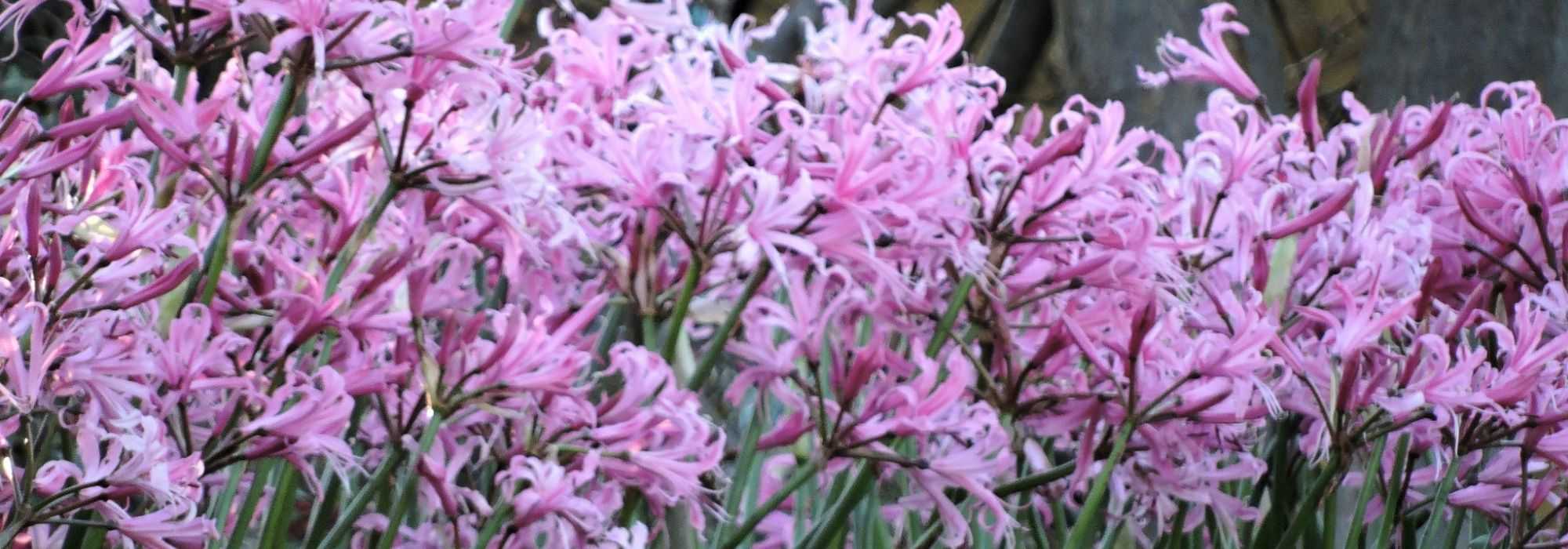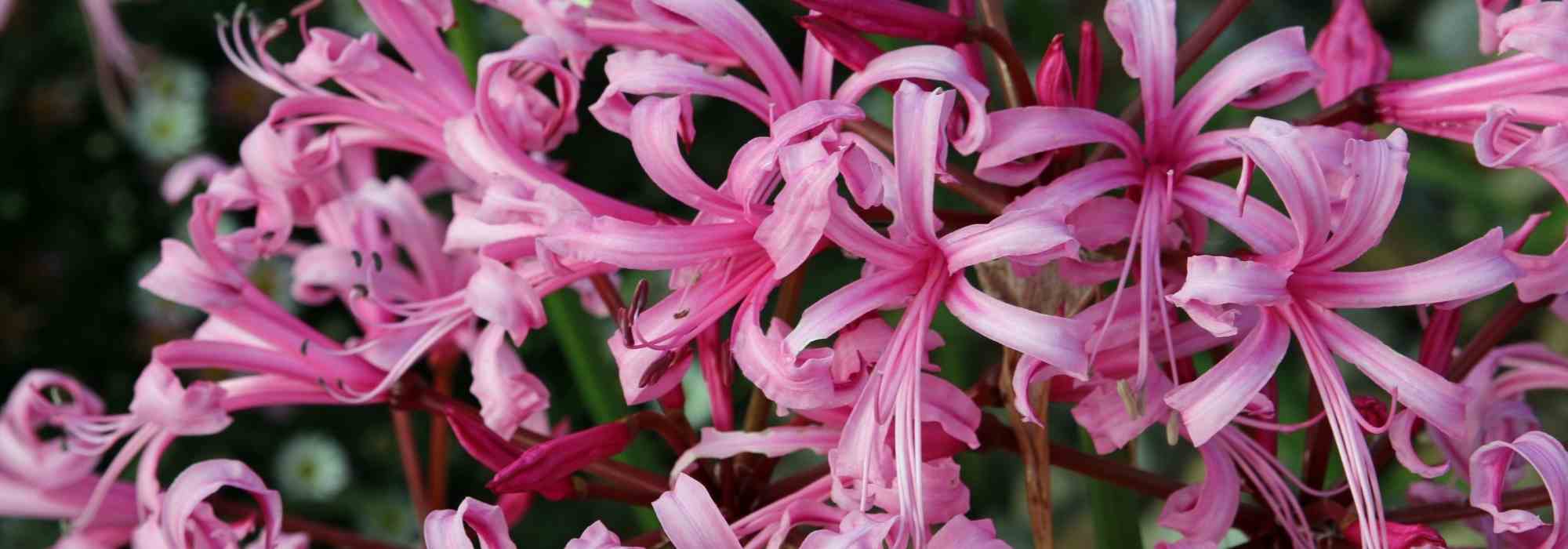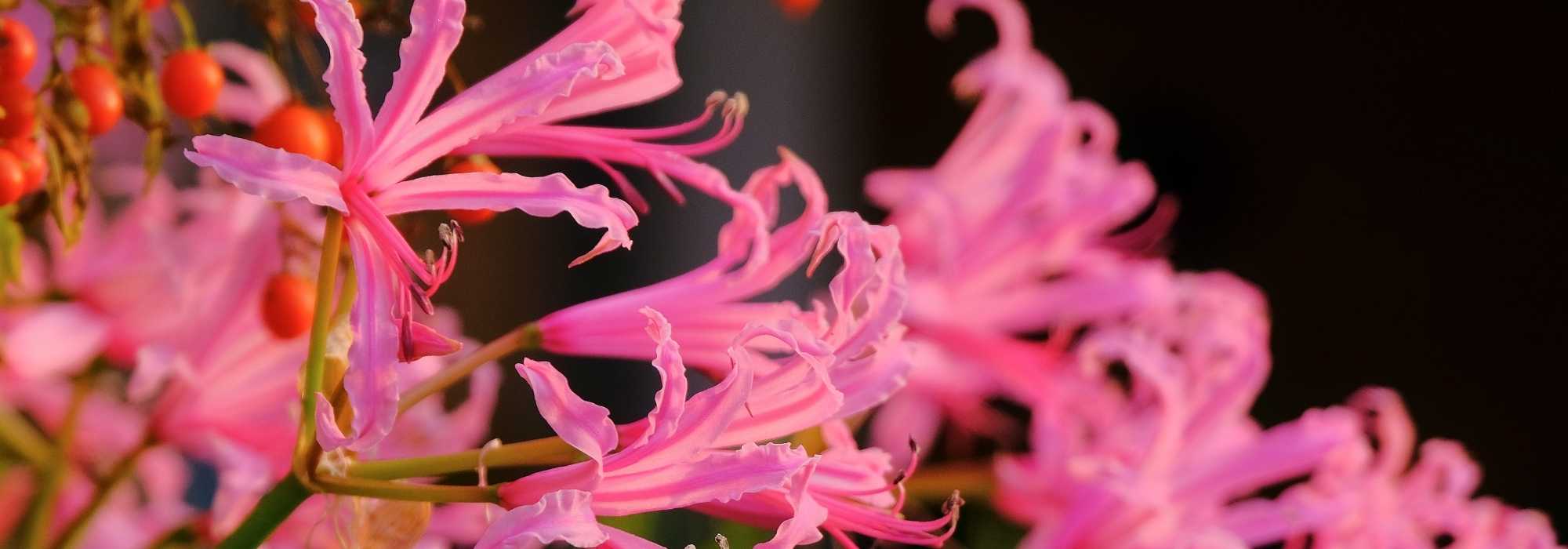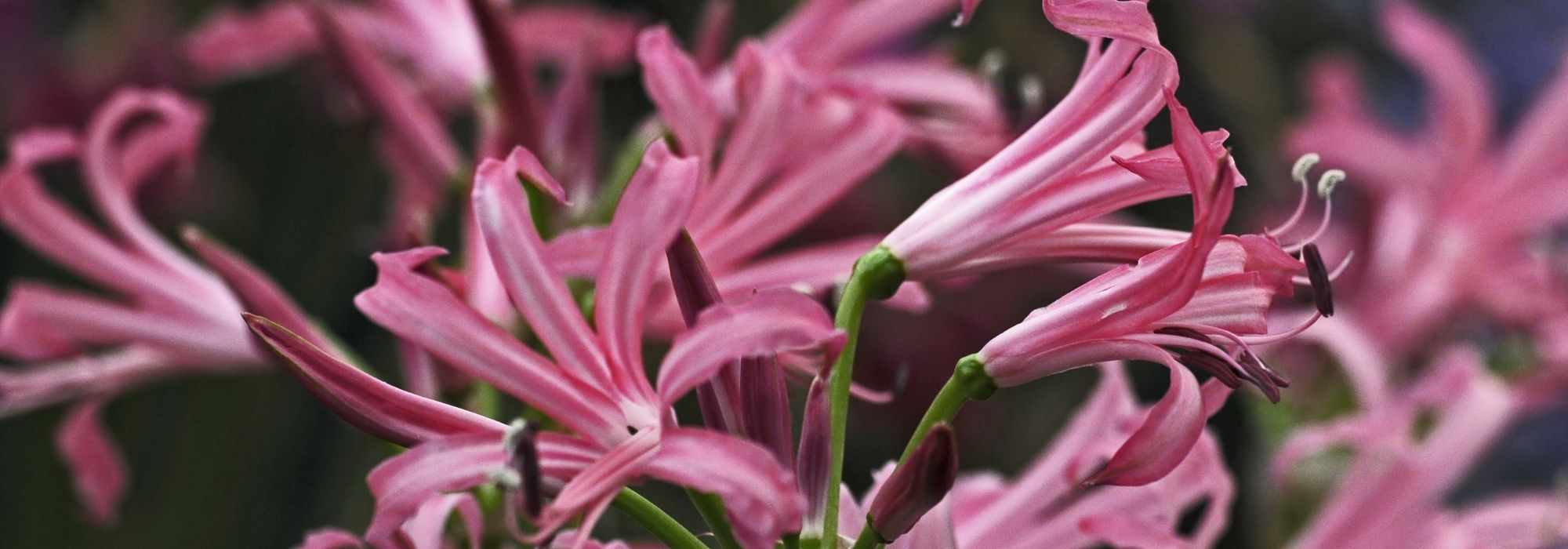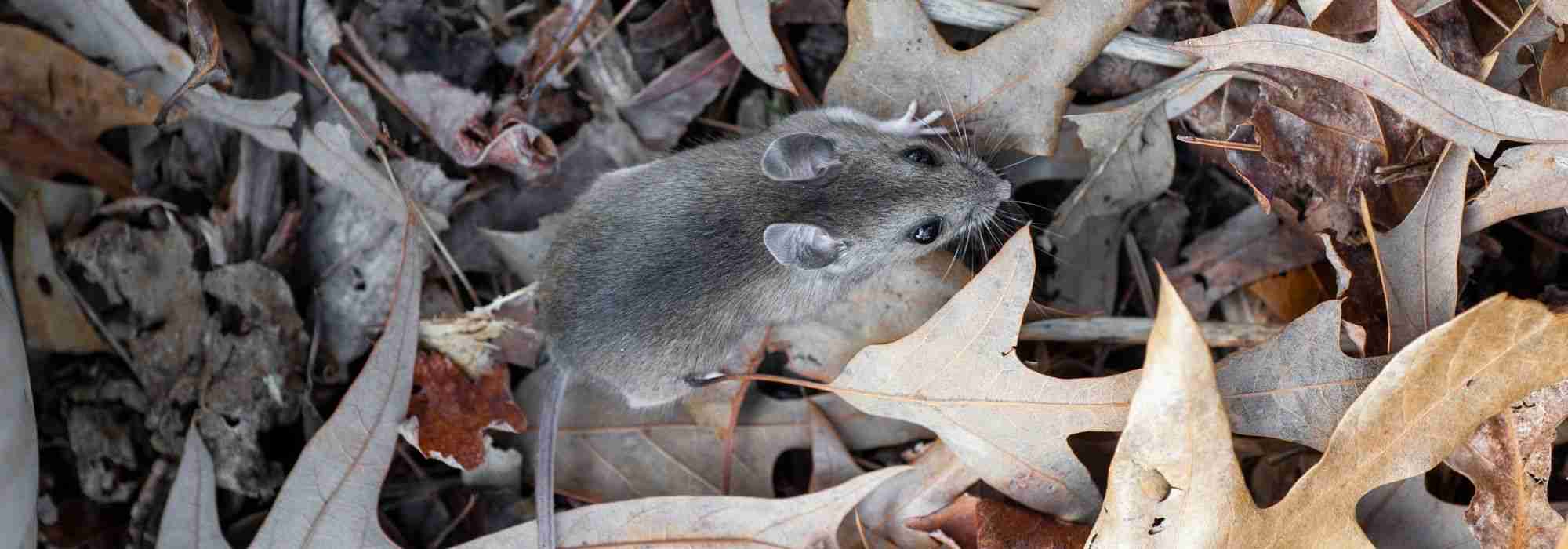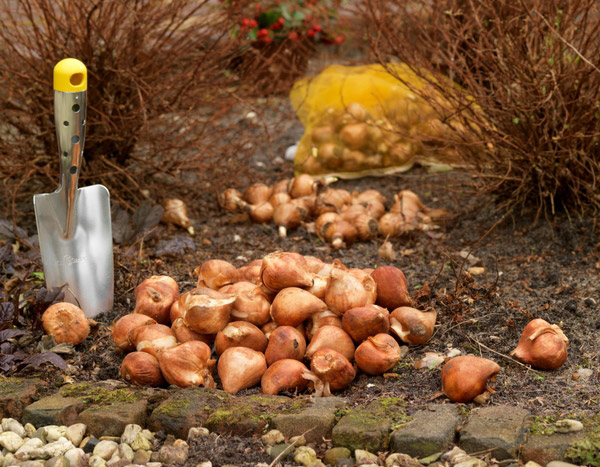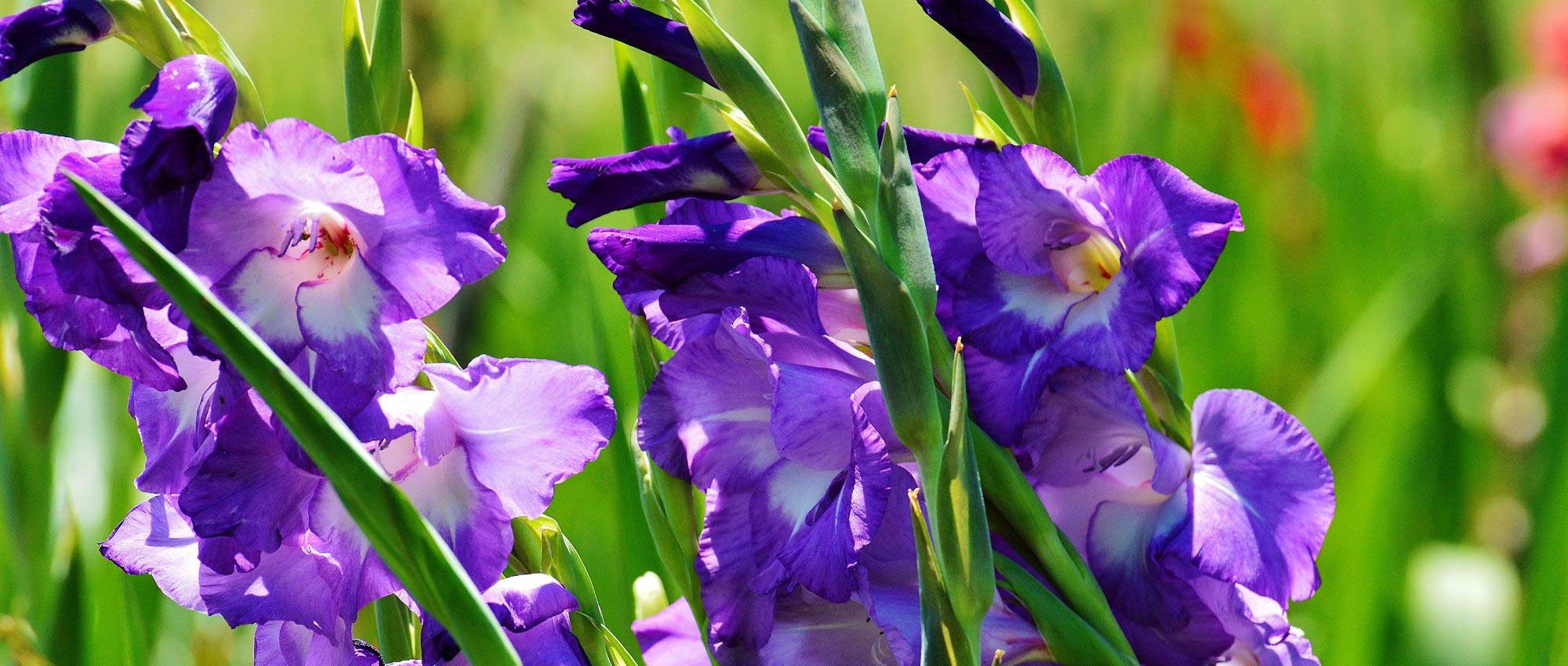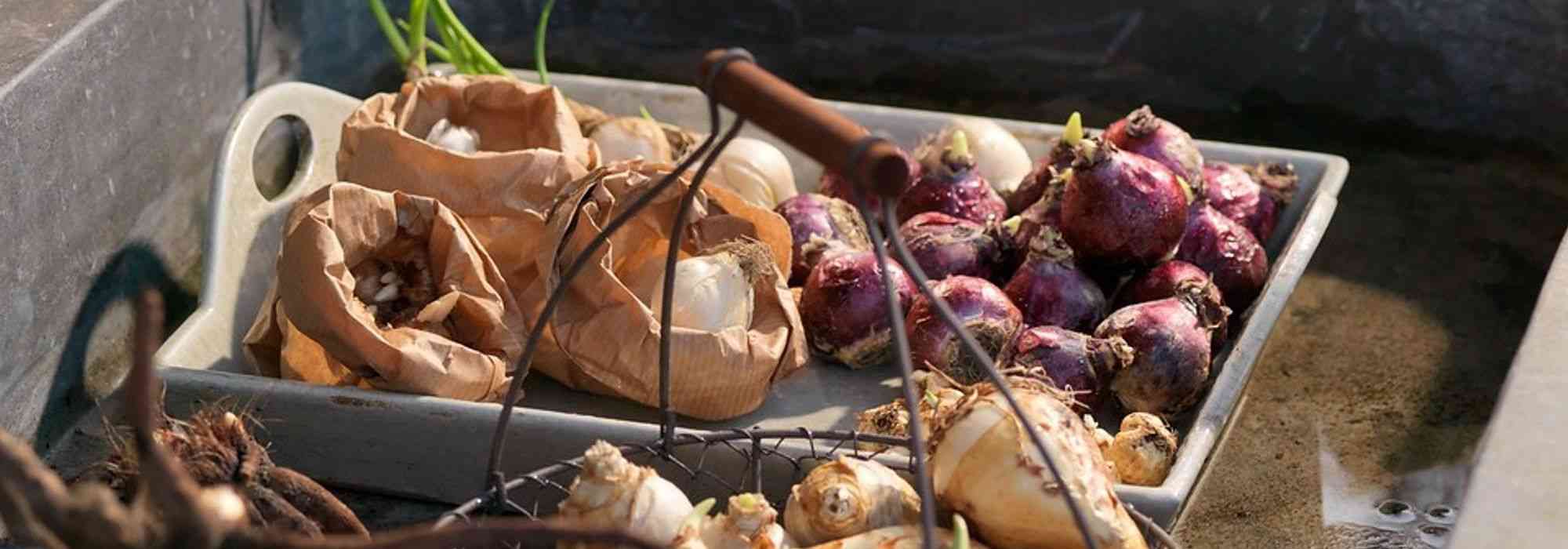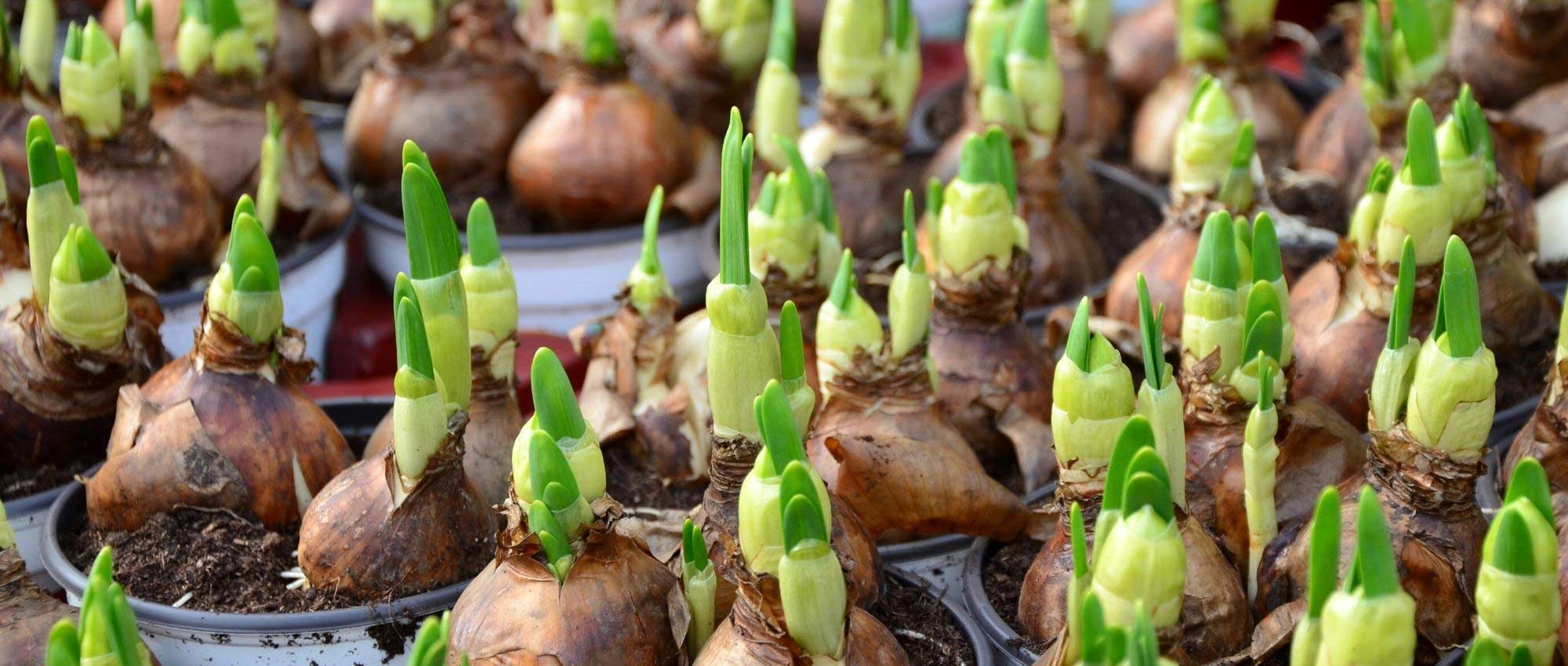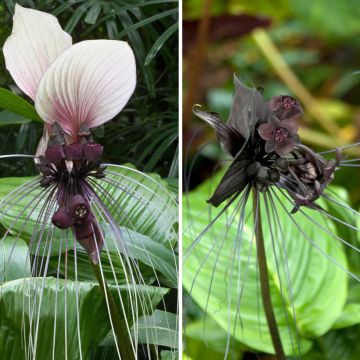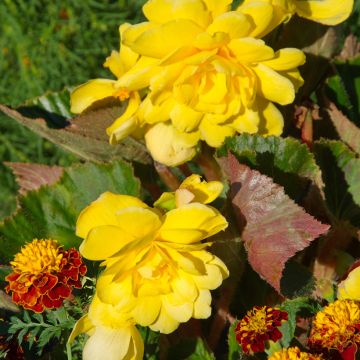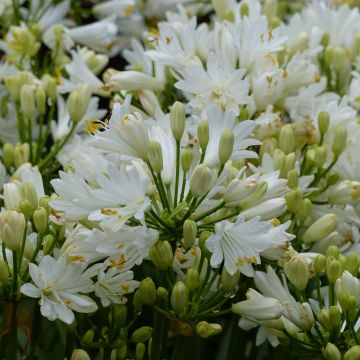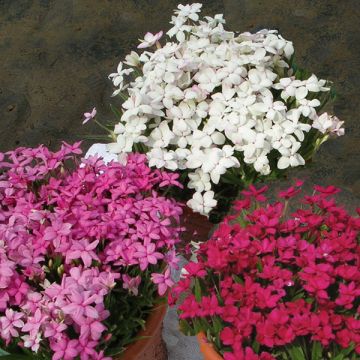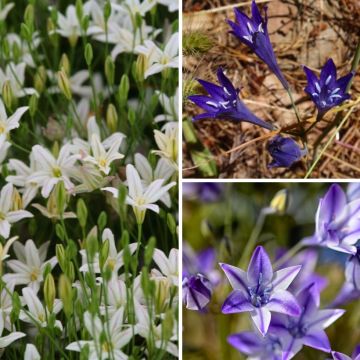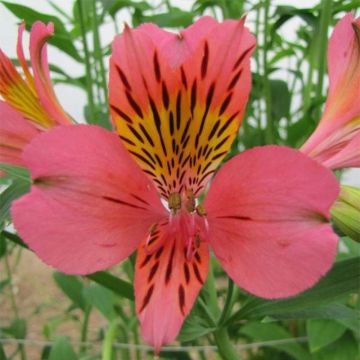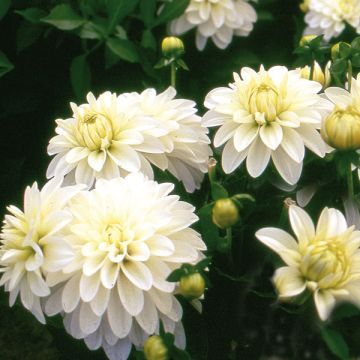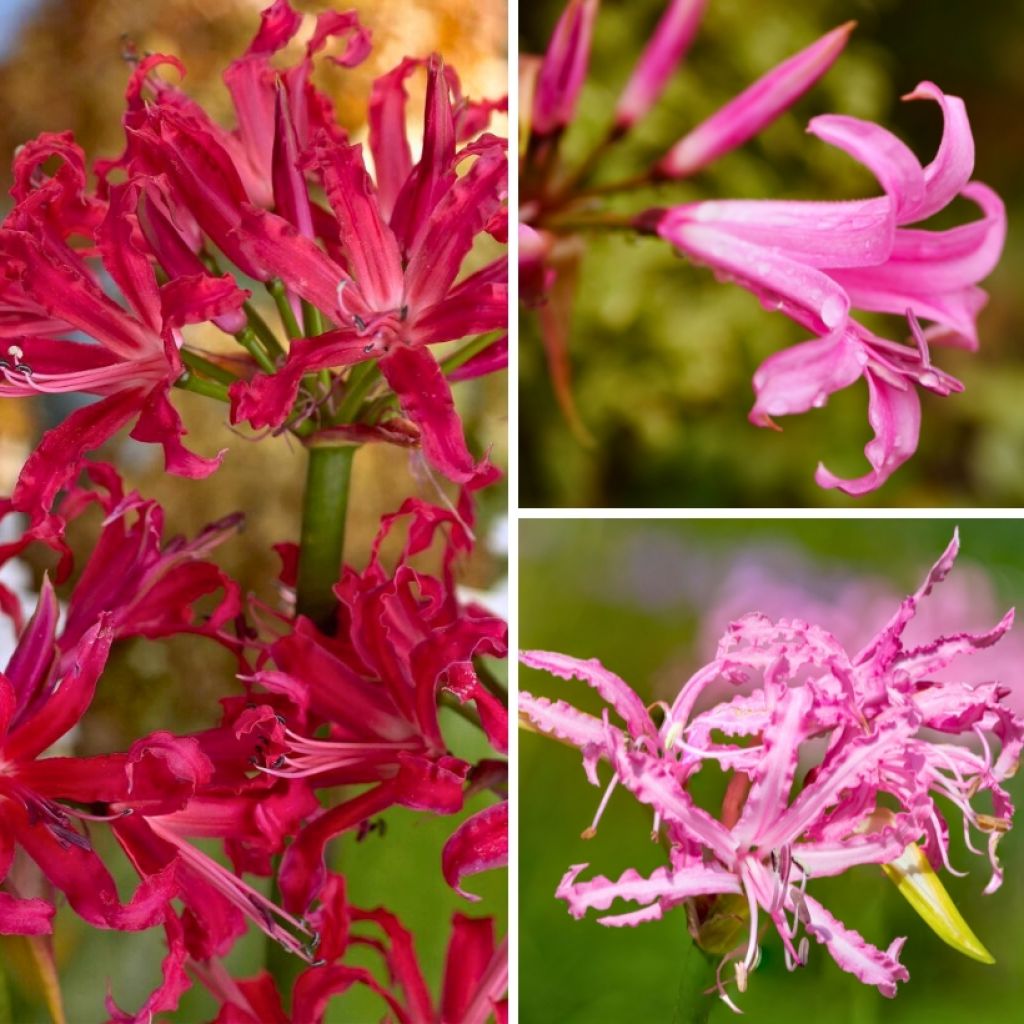

Nerine Collection
Nerine Collection
Nerine Isobel, Pink Triumph, Pearls of Cherry
Special offer!
Receive a €20 voucher for any order over €90 (excluding delivery costs, credit notes, and plastic-free options)!
1- Add your favorite plants to your cart.
2- Once you have reached €90, confirm your order (you can even choose the delivery date!).
3- As soon as your order is shipped, you will receive an email containing your voucher code, valid for 3 months (90 days).
Your voucher is unique and can only be used once, for any order with a minimum value of €20, excluding delivery costs.
Can be combined with other current offers, non-divisible and non-refundable.
This plant carries a 6 months recovery warranty
More information
We guarantee the quality of our plants for a full growing cycle, and will replace at our expense any plant that fails to recover under normal climatic and planting conditions.
Does this plant fit my garden?
Set up your Plantfit profile →
Collection items (7 plants)
Description
This Collection brings together three varieties of Nerines, also known as Guernsey Lilies: 'Isobel' with bright pink flowers, 'Pink Triumph' with a lighter pink colour, and 'Elegance Pearls of Cherry' with a vibrant cherry red. You will enjoy the remarkable flowers of these nerines in September-October, for two to three weeks. Their slightly fragrant flowers, with thin and wavy petals, are gathered in umbels at the top of 50 cm stems that emerge from the ground before the foliage. The foliage reappears after flowering, in the form of ribbon-like leaves arranged in small tufts that persist in winter. Well adapted to Mediterranean climates, it is a good idea to grow these superb bulbs in pots that you can protect in winter in colder regions.
This collection consists of:
- x 3 Nerine Isobel: this variety produces clusters of 2 to 12 star-shaped flowers in a bright pink, with inflorescences measuring 8 to 10 cm in diameter.
- x 3 Nerine 'Pink Triumph': the most prolific of the three varieties, its flowers are a light iridescent pink and measure 8 cm wide.
- x 1 Nerine Pearls of Cherry 'Elegance': each floral stem carries 7 to 15 wide flowers, measuring 8 cm, in a cherry red colour.
Bulbs are labelled separately.
When planted at a depth of 10 cm, or near the surface of the soil in mild climates, spaced 8 cm apart, in full sun, Nerine bulbs are hardy down to -12°C in well-drained soil. They require a summer dormancy period, in dry soil and in the sun, so that the bulbs can "bake". The soil they are planted in should be light, fertile, and perfectly drained. In regions that are too cold and too humid in summer, it is best to grow them in pots that you can protect in winter. Plant the bulbs in spring in groups of 12, to ensure you have flowers every year. A nerine bulb does not necessarily flower every year. It multiplies vegetatively by producing bulblets around the mother bulb.
Nerines make excellent cut flowers, lasting several days in a vase. In southern regions, they can accompany agapanthus and Amaryllis belladonna in flowerbeds with well-drained soil, in hot and sunny locations. All these plants can also be used as focal points on a terrace, in an exotic or contemporary style. Elsewhere, place them in a large pot on a sunny terrace in summer and store them for winter.
Important: Nerines are sensitive to polluted urban atmospheres.
Plant habit
Flowering
Foliage
Botanical data
Nerine
Isobel, Pink Triumph, Pearls of Cherry
Amaryllidaceae
South Africa
Planting and care
Nerines thrive in sunny exposure in fertile, well-drained soil, preferably sandy. They can be grown in partial shade in very hot climates. When planting from April, place the top of the bulb just below ground level, at a depth of 10 cm. Space the bulbs 8-10 cm apart. Water generously when the plant is blooming, but keep it dry when it is dormant. In winter, provide shelter and protect it from frost. If necessary, remove dead or damaged foliage.
Planting period
Intended location
Care
Planting & care advice
This item has not been reviewed yet - be the first to leave a review about it.
Similar products
Haven't found what you were looking for?
Hardiness is the lowest winter temperature a plant can endure without suffering serious damage or even dying. However, hardiness is affected by location (a sheltered area, such as a patio), protection (winter cover) and soil type (hardiness is improved by well-drained soil).

Photo Sharing Terms & Conditions
In order to encourage gardeners to interact and share their experiences, Promesse de fleurs offers various media enabling content to be uploaded onto its Site - in particular via the ‘Photo sharing’ module.
The User agrees to refrain from:
- Posting any content that is illegal, prejudicial, insulting, racist, inciteful to hatred, revisionist, contrary to public decency, that infringes on privacy or on the privacy rights of third parties, in particular the publicity rights of persons and goods, intellectual property rights, or the right to privacy.
- Submitting content on behalf of a third party;
- Impersonate the identity of a third party and/or publish any personal information about a third party;
In general, the User undertakes to refrain from any unethical behaviour.
All Content (in particular text, comments, files, images, photos, videos, creative works, etc.), which may be subject to property or intellectual property rights, image or other private rights, shall remain the property of the User, subject to the limited rights granted by the terms of the licence granted by Promesse de fleurs as stated below. Users are at liberty to publish or not to publish such Content on the Site, notably via the ‘Photo Sharing’ facility, and accept that this Content shall be made public and freely accessible, notably on the Internet.
Users further acknowledge, undertake to have ,and guarantee that they hold all necessary rights and permissions to publish such material on the Site, in particular with regard to the legislation in force pertaining to any privacy, property, intellectual property, image, or contractual rights, or rights of any other nature. By publishing such Content on the Site, Users acknowledge accepting full liability as publishers of the Content within the meaning of the law, and grant Promesse de fleurs, free of charge, an inclusive, worldwide licence for the said Content for the entire duration of its publication, including all reproduction, representation, up/downloading, displaying, performing, transmission, and storage rights.
Users also grant permission for their name to be linked to the Content and accept that this link may not always be made available.
By engaging in posting material, Users consent to their Content becoming automatically accessible on the Internet, in particular on other sites and/or blogs and/or web pages of the Promesse de fleurs site, including in particular social pages and the Promesse de fleurs catalogue.
Users may secure the removal of entrusted content free of charge by issuing a simple request via our contact form.
The flowering period indicated on our website applies to countries and regions located in USDA zone 8 (France, the United Kingdom, Ireland, the Netherlands, etc.)
It will vary according to where you live:
- In zones 9 to 10 (Italy, Spain, Greece, etc.), flowering will occur about 2 to 4 weeks earlier.
- In zones 6 to 7 (Germany, Poland, Slovenia, and lower mountainous regions), flowering will be delayed by 2 to 3 weeks.
- In zone 5 (Central Europe, Scandinavia), blooming will be delayed by 3 to 5 weeks.
In temperate climates, pruning of spring-flowering shrubs (forsythia, spireas, etc.) should be done just after flowering.
Pruning of summer-flowering shrubs (Indian Lilac, Perovskia, etc.) can be done in winter or spring.
In cold regions as well as with frost-sensitive plants, avoid pruning too early when severe frosts may still occur.
The planting period indicated on our website applies to countries and regions located in USDA zone 8 (France, United Kingdom, Ireland, Netherlands).
It will vary according to where you live:
- In Mediterranean zones (Marseille, Madrid, Milan, etc.), autumn and winter are the best planting periods.
- In continental zones (Strasbourg, Munich, Vienna, etc.), delay planting by 2 to 3 weeks in spring and bring it forward by 2 to 4 weeks in autumn.
- In mountainous regions (the Alps, Pyrenees, Carpathians, etc.), it is best to plant in late spring (May-June) or late summer (August-September).
The harvesting period indicated on our website applies to countries and regions in USDA zone 8 (France, England, Ireland, the Netherlands).
In colder areas (Scandinavia, Poland, Austria...) fruit and vegetable harvests are likely to be delayed by 3-4 weeks.
In warmer areas (Italy, Spain, Greece, etc.), harvesting will probably take place earlier, depending on weather conditions.
The sowing periods indicated on our website apply to countries and regions within USDA Zone 8 (France, UK, Ireland, Netherlands).
In colder areas (Scandinavia, Poland, Austria...), delay any outdoor sowing by 3-4 weeks, or sow under glass.
In warmer climes (Italy, Spain, Greece, etc.), bring outdoor sowing forward by a few weeks.

































